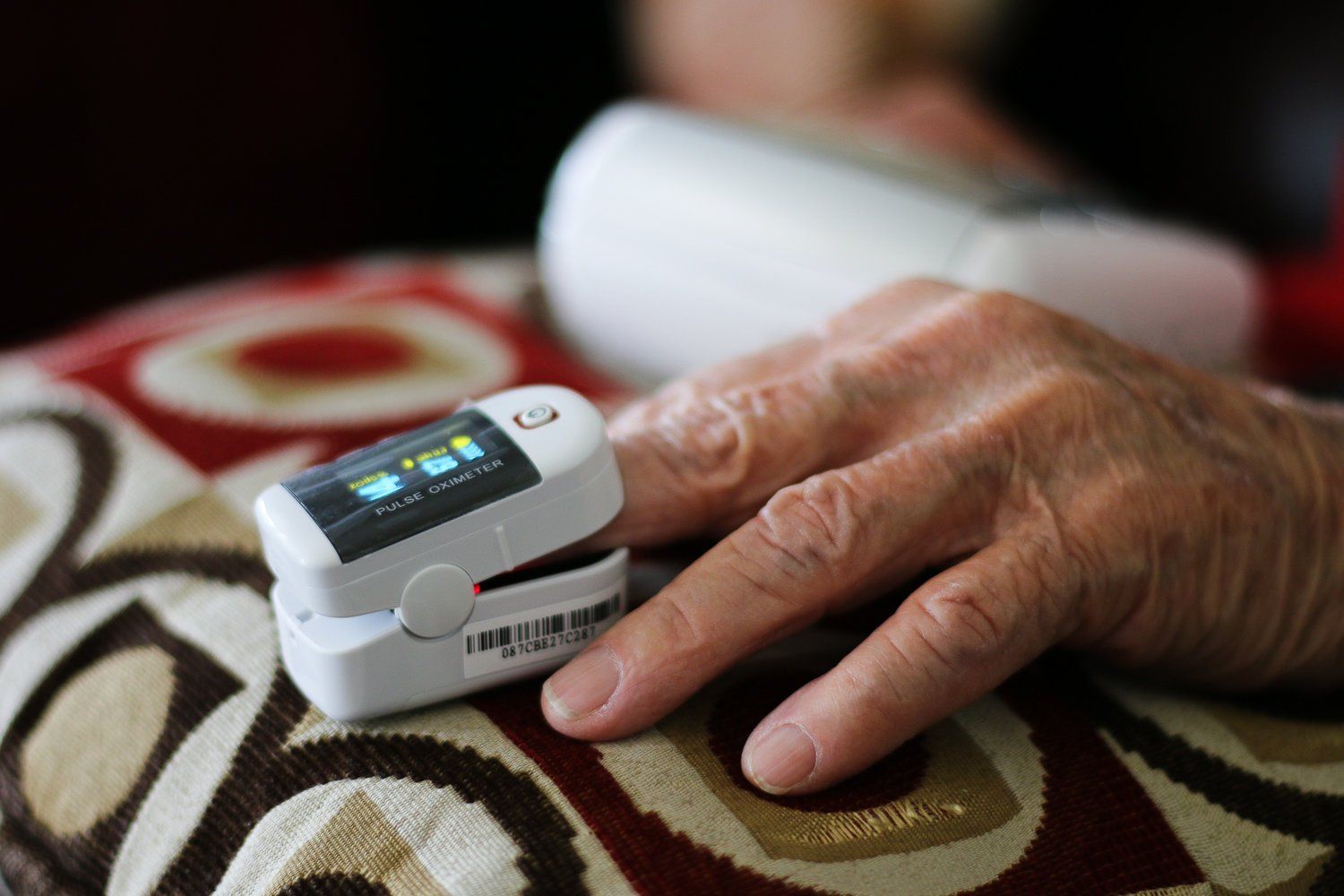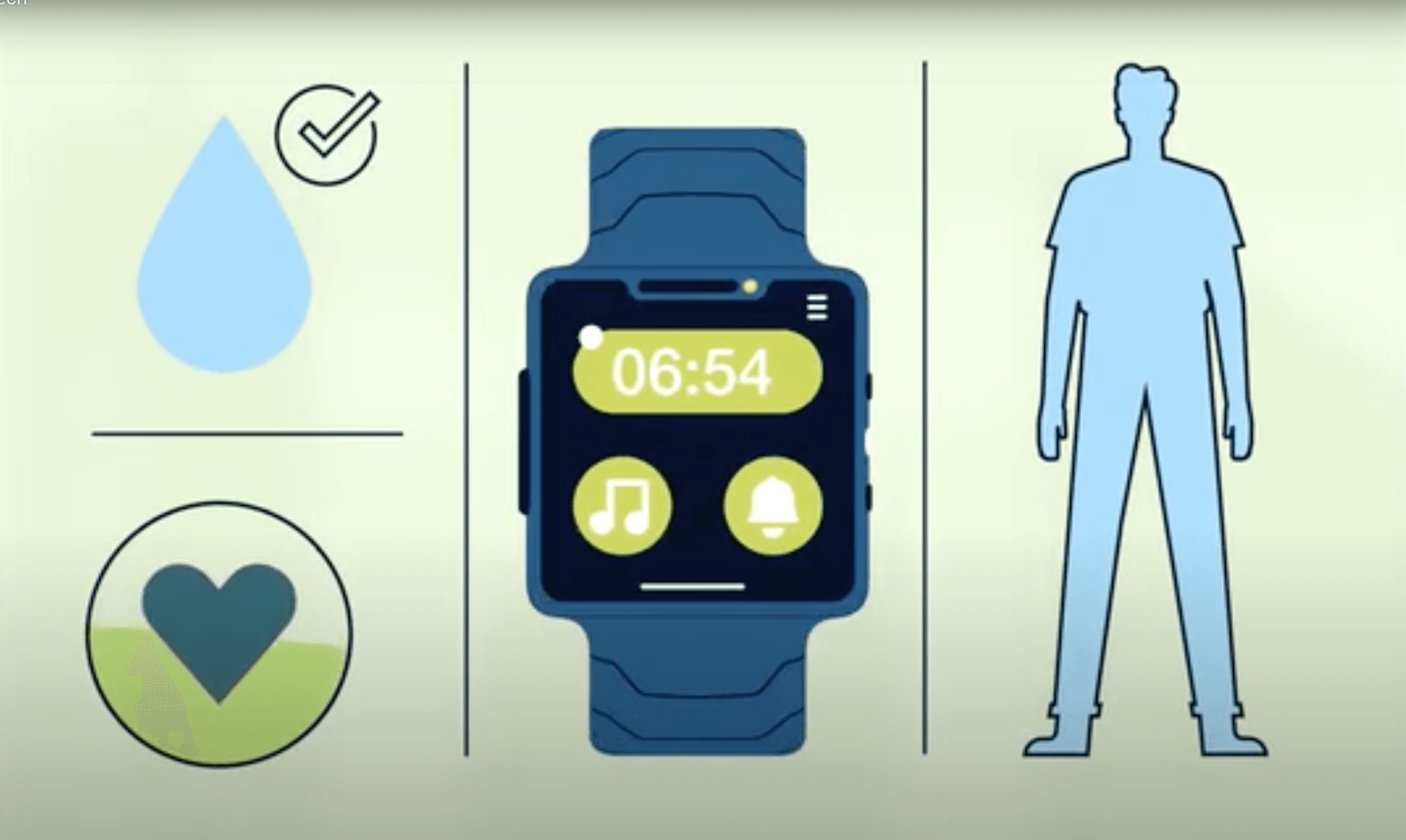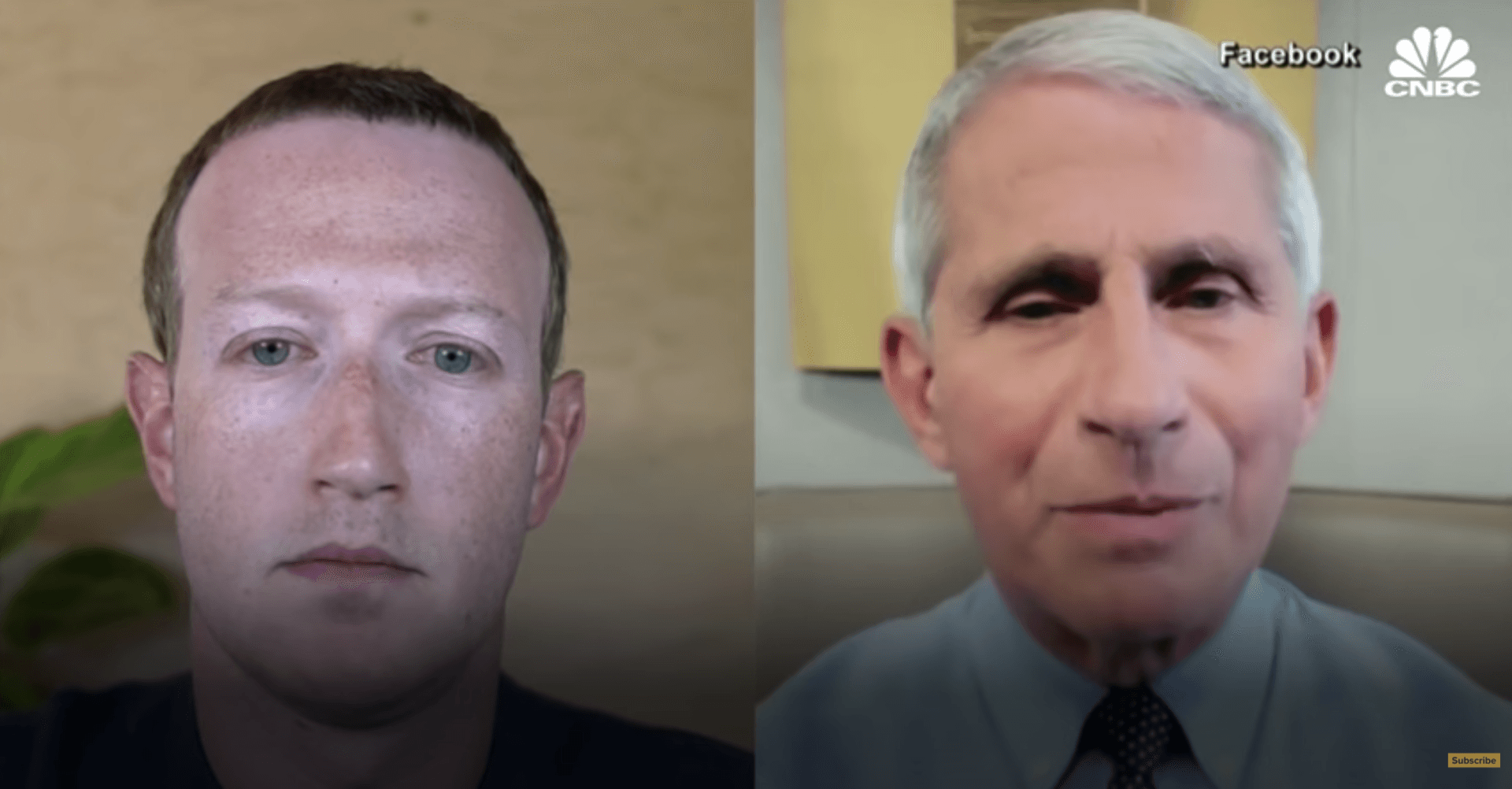How China turned to telemedicine during Covid-19 pandemic?
Lucy Handley, CNBC • November 27, 2020
How China turned to telemedicine during Covid-19 pandemic?

When tech entrepreneur Alvin Foo first moved to Shanghai 15 years ago, his experience of visiting a doctor usually meant joining a long line at a hospital: “The way that people go to hospital in the past was … if you needed to go and see a doctor, the first thing that you need to do is, you need to get a number. And once you get a number, usually you have to queue,” he told CNBC by phone.
“Some people … started queuing the night before,” Foo added.
Foo, co-founder of cryptocurrency investment firm DAOventures, described a time when his wife arrived at a skin hospital at 4 a.m., but by the time she got to the front of the line, all the allocated appointments were gone. “That’s the kind of pain that a lot of Chinese people, the patients (would) have to actually deal with,” he said.
Those with the means might hire someone to wait in line for them, an illegal practice that Chinese authorities have clamped down on, but the combination of a population of 1.4 billion and a lack of medical staff means demand still outstrips supply.
What changed life for Foo and millions of others in China has been the launch of online appointment booking and consultations from the likes of Tencent-backed WeDoctor, which has reported having around 250,000 doctors registered on its platform, and Ping An Good Doctor, which claims to have more than 340 million registered users. During the coronavirus outbreak, these platforms and other giants such as JD Health offered free online consultations, which has accelerated their uptake.
“People can now freely consult a doctor, unlike in the past where it was a pain even just to get a … number to seek consultation,” Foo told CNBC.
While there are still lines and long waiting times for in-person appointments, these pushes into online medicine by tech giants, as well as moves from the state, are set to help the Chinese telehealth market reach $54.2 billion by 2025, according to a UBS estimate (see chart). The firm’s “Future of Humans” report, published in September, estimated its current value as $8.6 billion, and suggested China’s market would outstrip the U.S. market in 2023.
There is huge potential for digitally-provided health care in China partly because of its aging population, according to Carl Berrisford, a strategist at UBS Global Wealth Management’s chief investment office, based in Hong Kong. “The other (reason) is a very elevated level of broadband and internet penetration and mobile penetration. And … the distinct pieces of the actual medical consulting system … you have to go to a hospital if you want to see a doctor,” he told CNBC by phone.
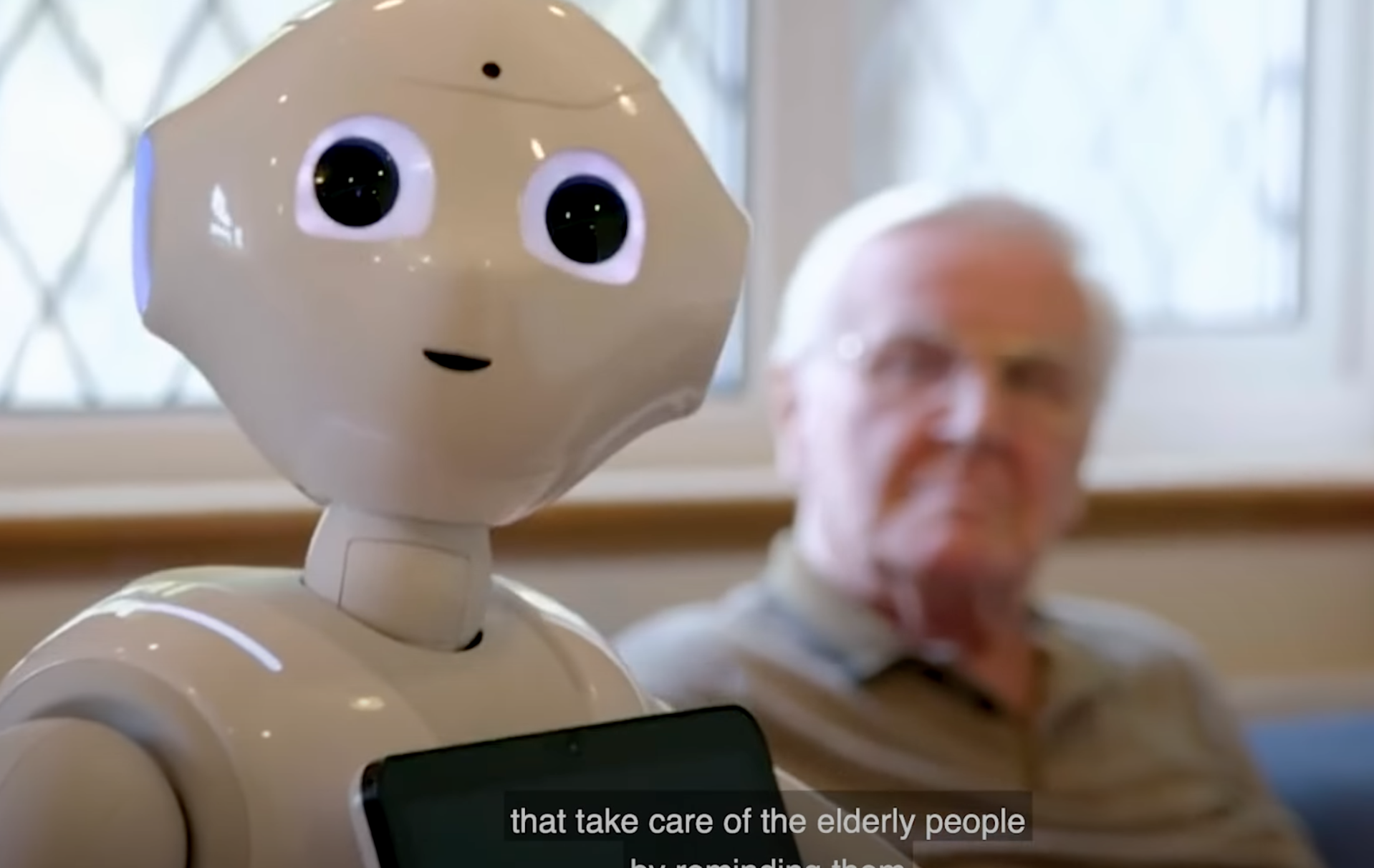
The weakness of the present healthcare system revealed by the Covid-19 crisis, along with the rise in chronic diseases associated with lifestyle changes and a rapidly aging population worldwide will shape the future of healthcare. Next-Generation Research Analyst Dr. Damien Ng took a close look at recent developments in digital healthcare, genomics, and extended longevity.
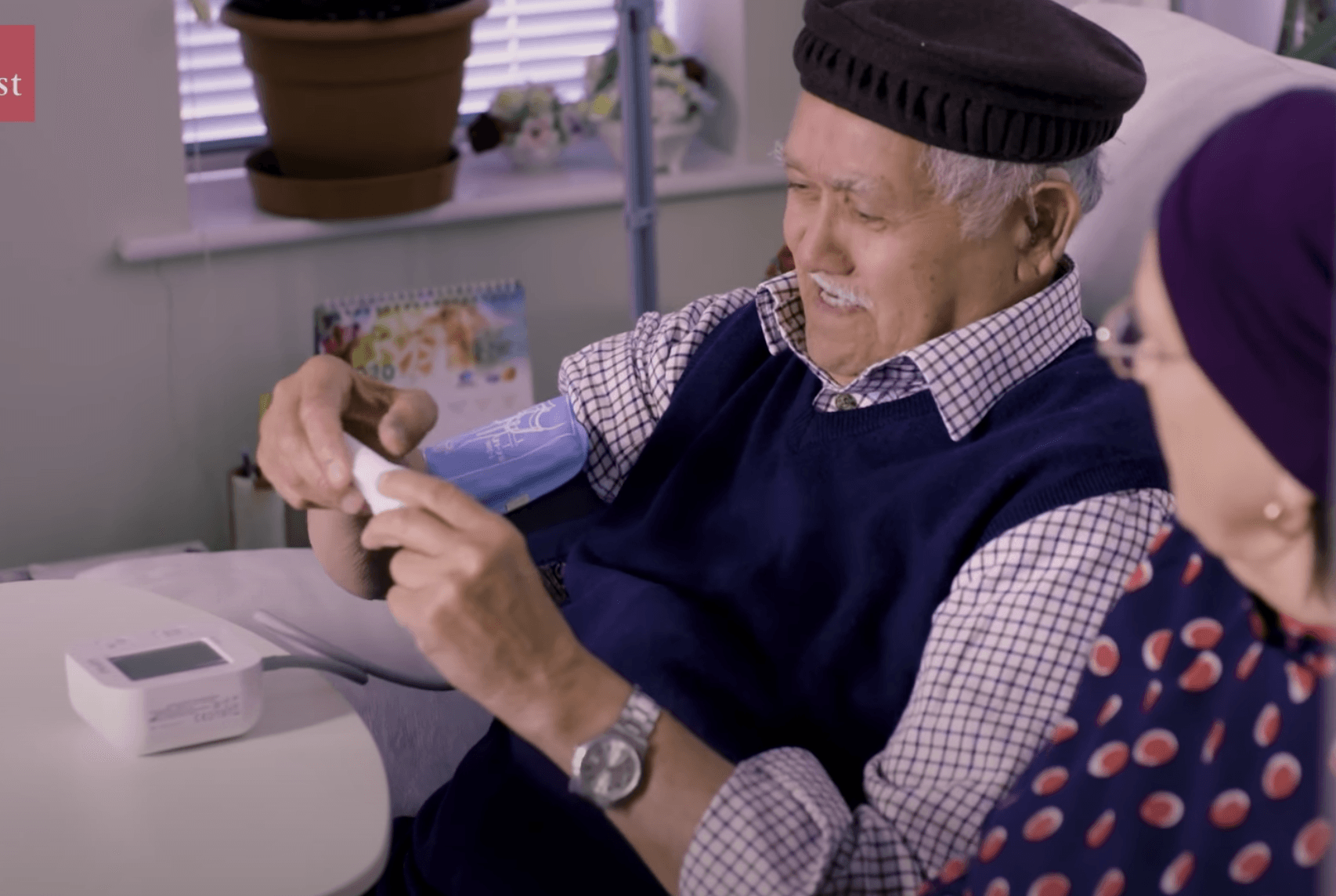
The COVID-19 pandemic has affected many elderly from receiving proper care. It has further highlighted problems faced by the elderly with dementia and chronic diseases
In this video presented by The Economist, watch how COVID-19 pandemic has impacted the elderly and how we can strive to improve the efficiency for elderly and chronic care with the rise of remote patient monitoring technology.

Improvements in technology and changes to insurance reimbursement rulings have helped increase the acceptance of telemedicine. Without it, doctors and therapists wouldn’t be able to connect with patients as easily, especially during the pandemic.
As telemedicine has become widespread, professionals and patients have grown more comfortable connecting virtually. Telemedicine isn’t meant to take the place of face-to-face visits. While it does have some disadvantages, which we’ll get into later, its benefits are undeniable.
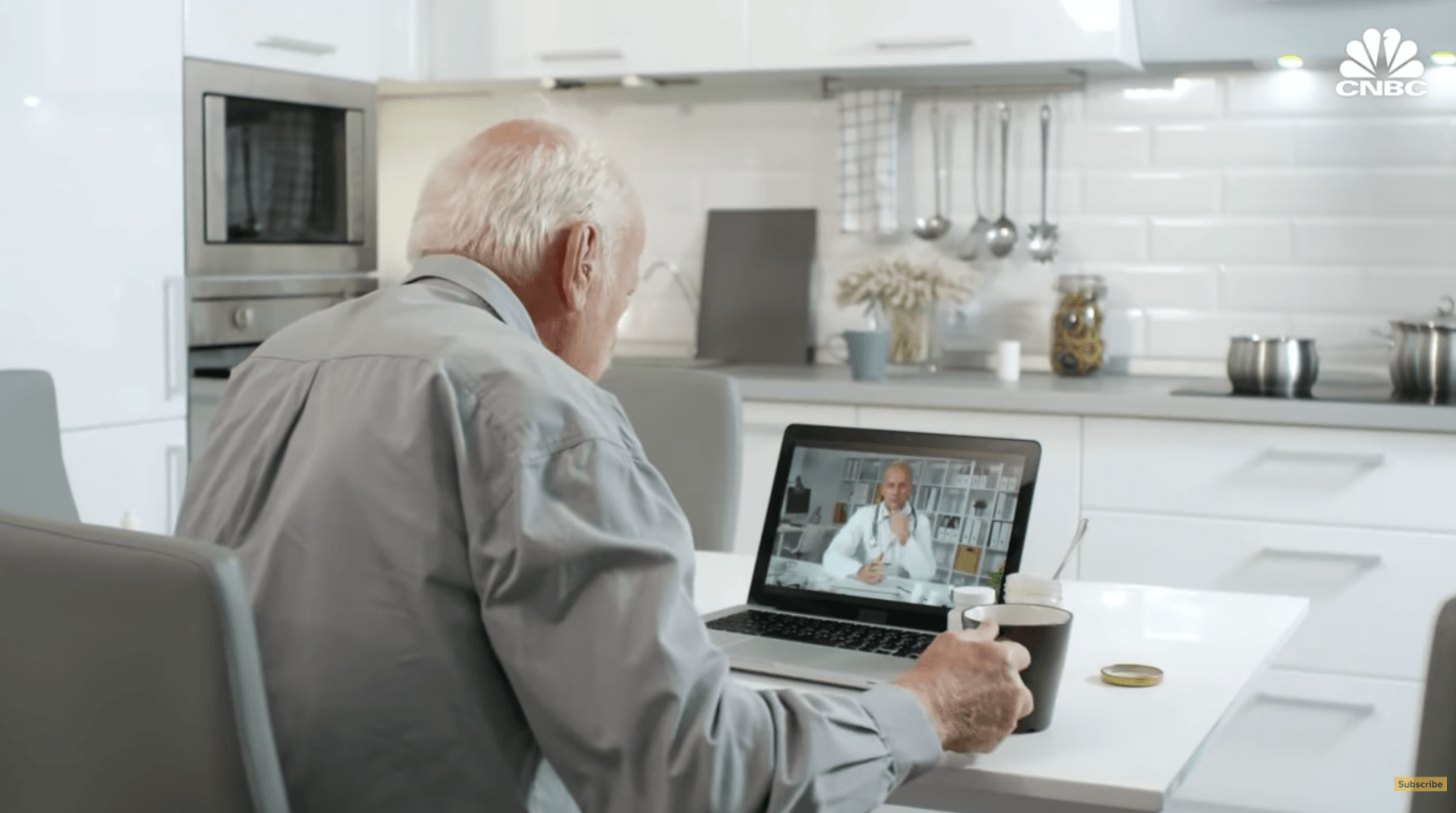
Telemedicine termed a 'silver lining' of the coronavirus pandemic. This time, it might just be true.
Telehealth use surged from 8% of Americans in December to 29% in May as primary care, mental health and specialists turned to remote care out of necessity during the COVID-19 pandemic, according to a UnitedHealth Group report.
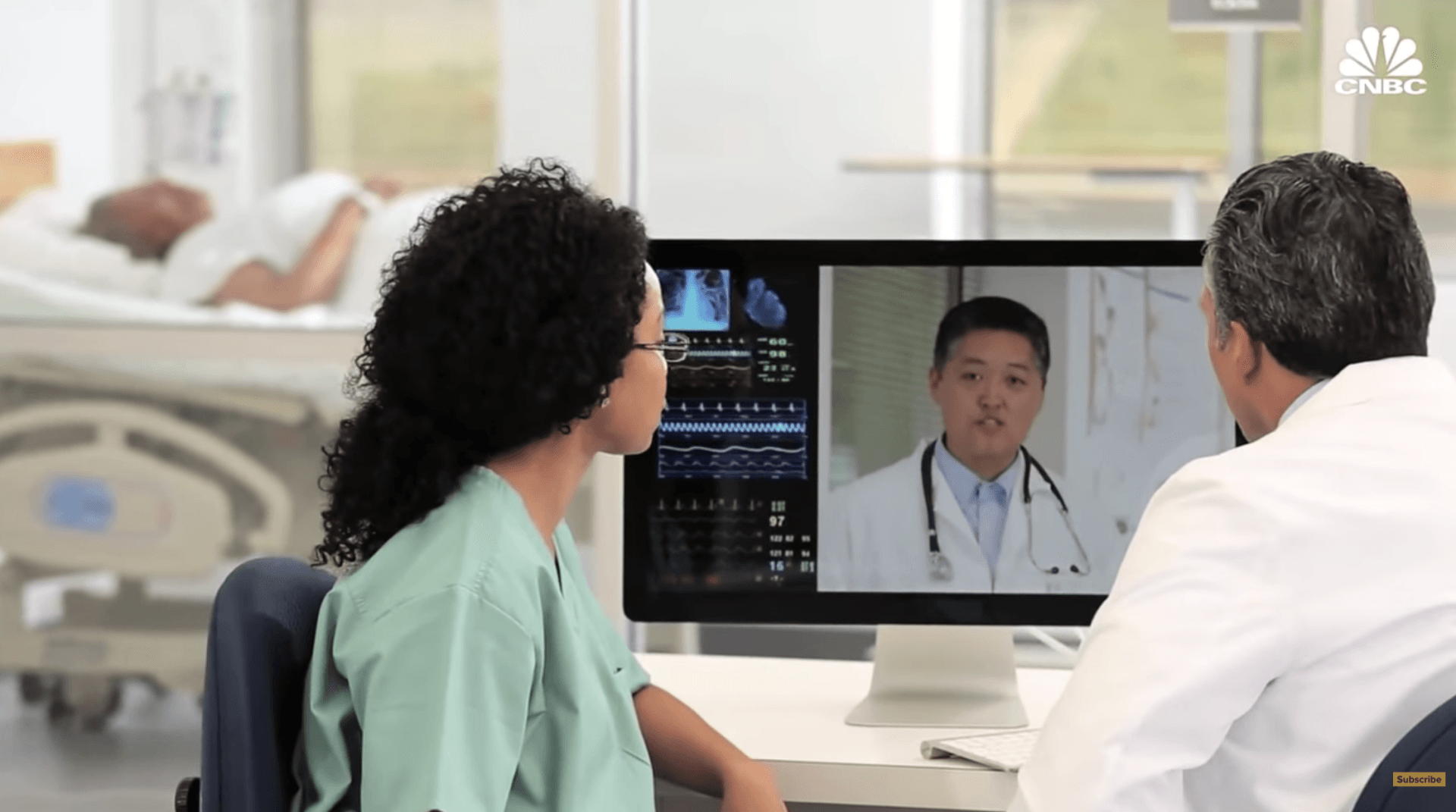
Cleveland Clinic in Ohio predicts within 5 years, half of the outpatient visits in the U.S. will be virtual. Dr. Jessica Bender, clinical instructor of medicine at University of Washington states "After the pandemic is over, Telehealth will be here to stay and people won't want to go back to only in-person visits. People will want the option of telehealth visits as well. This cannot replace the entire healthcare system as people will still need to come in for their pap smears and exams, but I think people will find a preference for this. They won't have to take off a day from work or free buses to travel to the doctor's office or find child care."




